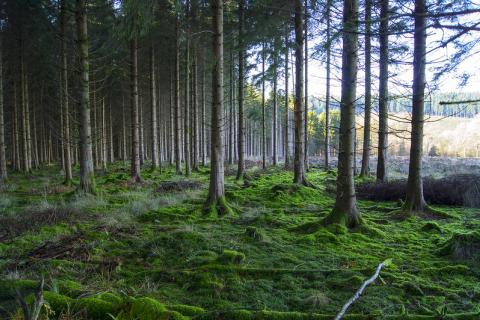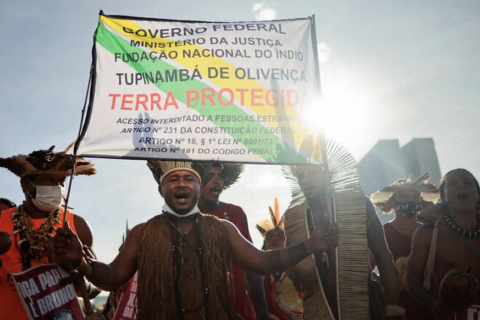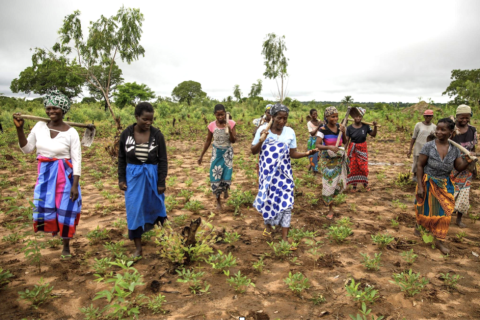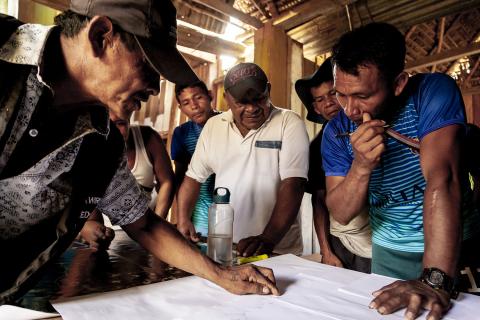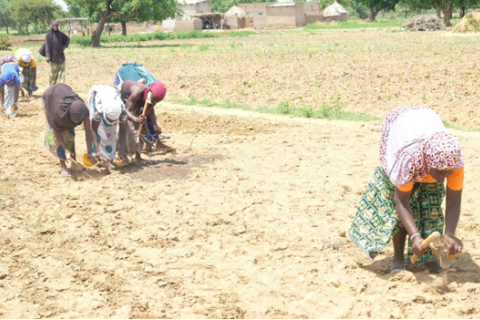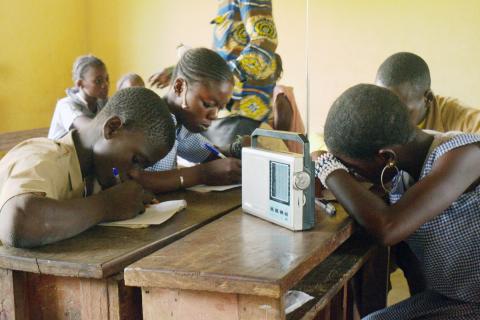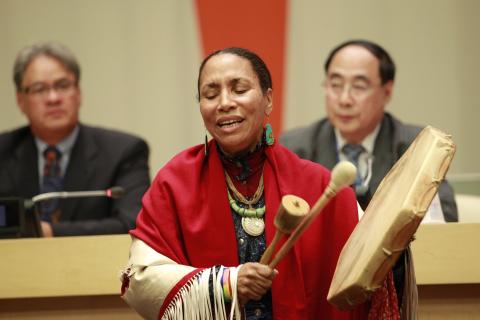New Research: Only 17% of Global Climate and Conservation Funding Intended for Indigenous Peoples and Local Communities Actually Reaches Them
WASHINGTON DC (14 September, 2022)—Of the $270 million in conservation funding invested annually in the tenure and forest management initiatives of Indigenous Peoples and local communities (IPs and LCs)—which is only a small fraction of the total funding dedicated to addressing climate change—only 17 percent went to activities that specifically named an IP or LC organization, according to “Funding with Purpose,” a new research report released today by Rainforest Foundation Norway and Rights and R

